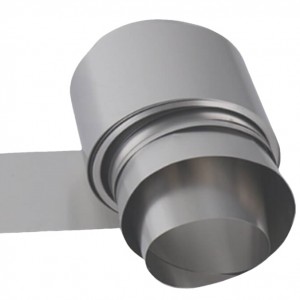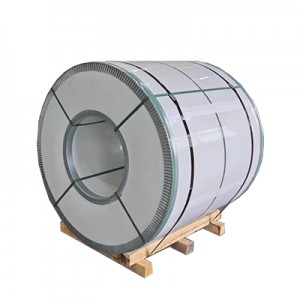316L Stainless Steel Strip
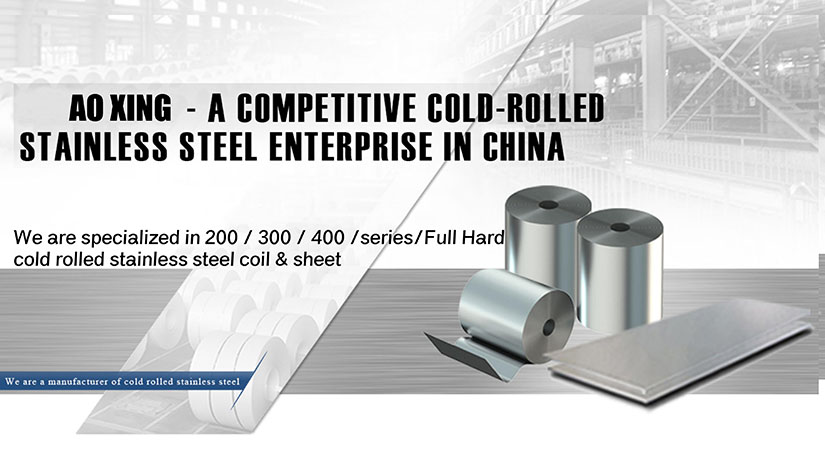
What is 316L Stainless Steel Strip?

The carbon content of the 316L stainless steel strip is 0.03%, making it an ultra-low carbon version of 316 stainless steel. While it shares similar properties with 316, 316L stainless steel offers superior resistance to intergranular corrosion after stress relieving or welding. However, it can become sensitive when exposed to operating temperatures between 800℉ and 1650℉. In situations where enhanced corrosion resistance is required, annealing is not feasible, and thicker parts need to be welded, 316L stainless steel is preferred over 316 stainless steel due to its excellent wear resistance.
Features of 316L Stainless Steel Strip
Features of 316L Stainless Steel Strip
316L stainless steel strip is recognized for its unique combination of properties that make it an excellent choice for various applications. Key features include:
Corrosion Resistance: The corrosion resistance of 316L stainless steel strip surpasses that of 304 stainless steel strip, making it particularly effective in the pulp and paper industry. Additionally, 316L stainless steel strip is highly resistant to the corrosive effects of seawater and industrial atmospheric conditions.
Heat Resistance: 316 stainless steel strip provides good oxidation resistance in intermittent applications below 1600°F. Furthermore, 316L stainless steel strip offers superior resistance to carbide precipitation compared to standard 316 stainless steel, making it more effective for use in high-temperature environments.
These features make 316L stainless steel strip a versatile material, widely used in Medical Devices and Chemical Industry, presenting a more cost-effective solution.
316L Stainless Steel Chemical Composition & Technical Data Sheet
316L Stainless Steel Standards Comparison
| STS | USA | UNS | CHINA | EURONORM | RUSSIA | SWEDISH | JAPANESE | |
| GRADE | AISI/ASTM | NO | GB | NO | NAME | GOST | SS | JIS |
| 316L | 316L | S31603 | 00Cr17Ni14Mo2 | 1.4404 | X2CrNiMo17-12-2 | 03X17H14M3 | 2348 | SUS 316L |
316L Stainless Steel Chemical Composition
| Grade | Standard | Chemical Composition(%) | ||||||||
| C | Si | Mn | P | S | Cr | Ni | Mo | N | ||
| 316L | ASTM A240 | ≤0.03 | ≤0.75 | ≤2.00 | ≤0.045 | ≤0.030 | 16.00~18.00 | 10.00~14.00 | 2.00-3.00 | ≤0.10 |
316L Stainless Steel Mechanical Properties
| Grade | EN Grade | Tensile Test | Hardness Test | ||
| 0.2% Y.S(Mpa) | T.S(Mpa) | Elongation(%) | HRB | ||
| 316L | 1.4404 | ≥170 | ≥485 | ≥40% | ≤HRB 95 |
316L Stainless Steel Finish & Application
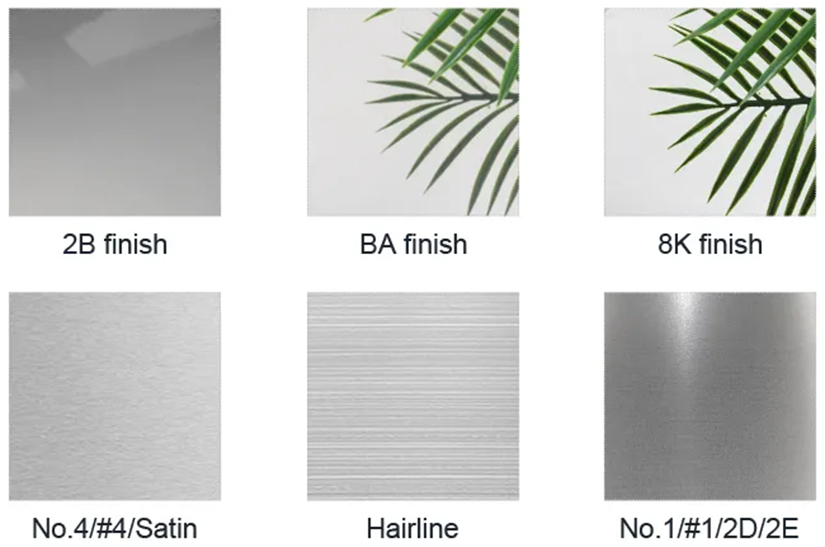
Application:
1) Medical and Pharmaceutical Equipment
2) Chemical Processing
3) Marine Applications
4) Food and Beverage Industry
5) Petrochemical and Oil & Gas Industry
6) Automotive and Aerospace
7) Construction and Architecture
8) Power Generation
9) Textile Industry
10) Electronics
316L Stainless Steel Strip Package & Loading Details


Why Choose Us?
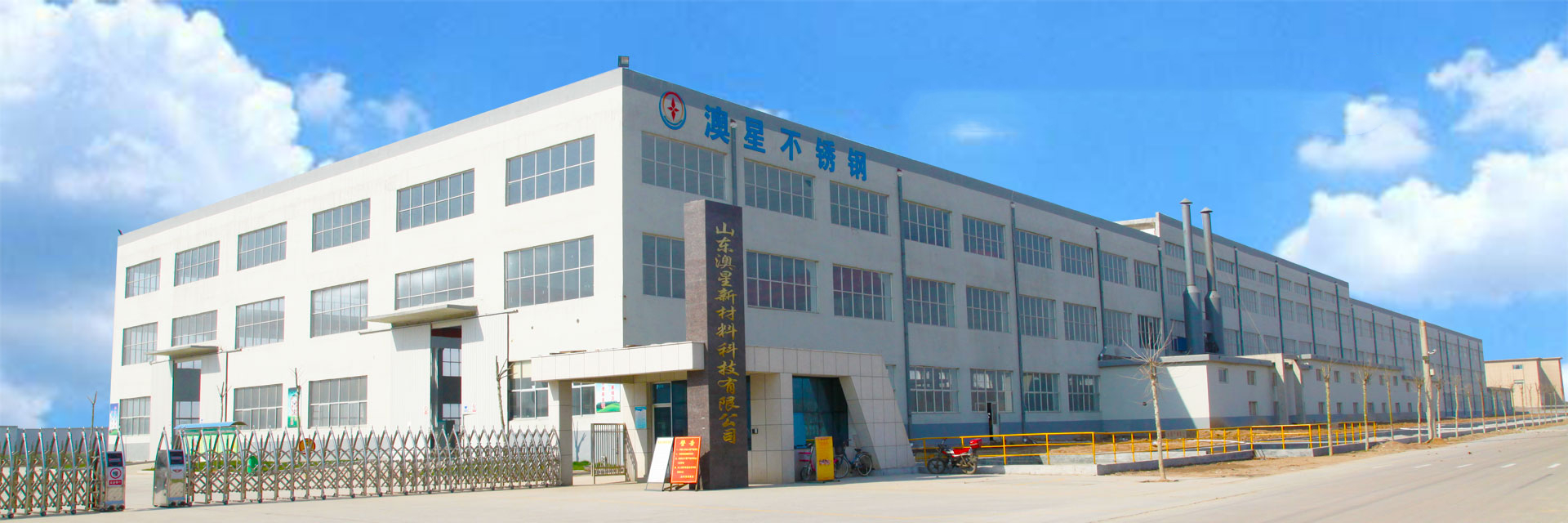
We are the cold-rolled stainless steel coil production base in China with 200,000 tons capacity annually.
1. Guaranteed Stock Availability: Experiencing stock shortages during crucial times can hinder your projects. Our robust inventory management ensures a consistent supply, ready to dispatch large quantities swiftly, keeping your operations smooth and uninterrupted.
2. Comprehensive Range of Specifications: Finding the exact stainless steel coil specifications can be challenging. We offer a diverse range of specs, ensuring you find precisely what your project demands, with the assurance of our commitment to meeting your specific needs.
3. Customized Material Processing: Custom processing needs can be demanding. Our advanced facilities provide tailored solutions, from precise dimension alterations to specific finish treatments, ensuring your requirements are met with utmost precision.
4. Accurate Shearing Services: Precision is key in stainless steel utilization, and our expert shearing services guarantee exactness in every cut, aligning perfectly with your specifications and quality expectations.
5. Cost-effectiveness is crucial in supplier selection. Our optimized procurement and cost-efficient processes ensure you receive not just premium-quality products but also the best prices, offering exceptional value for your investment.
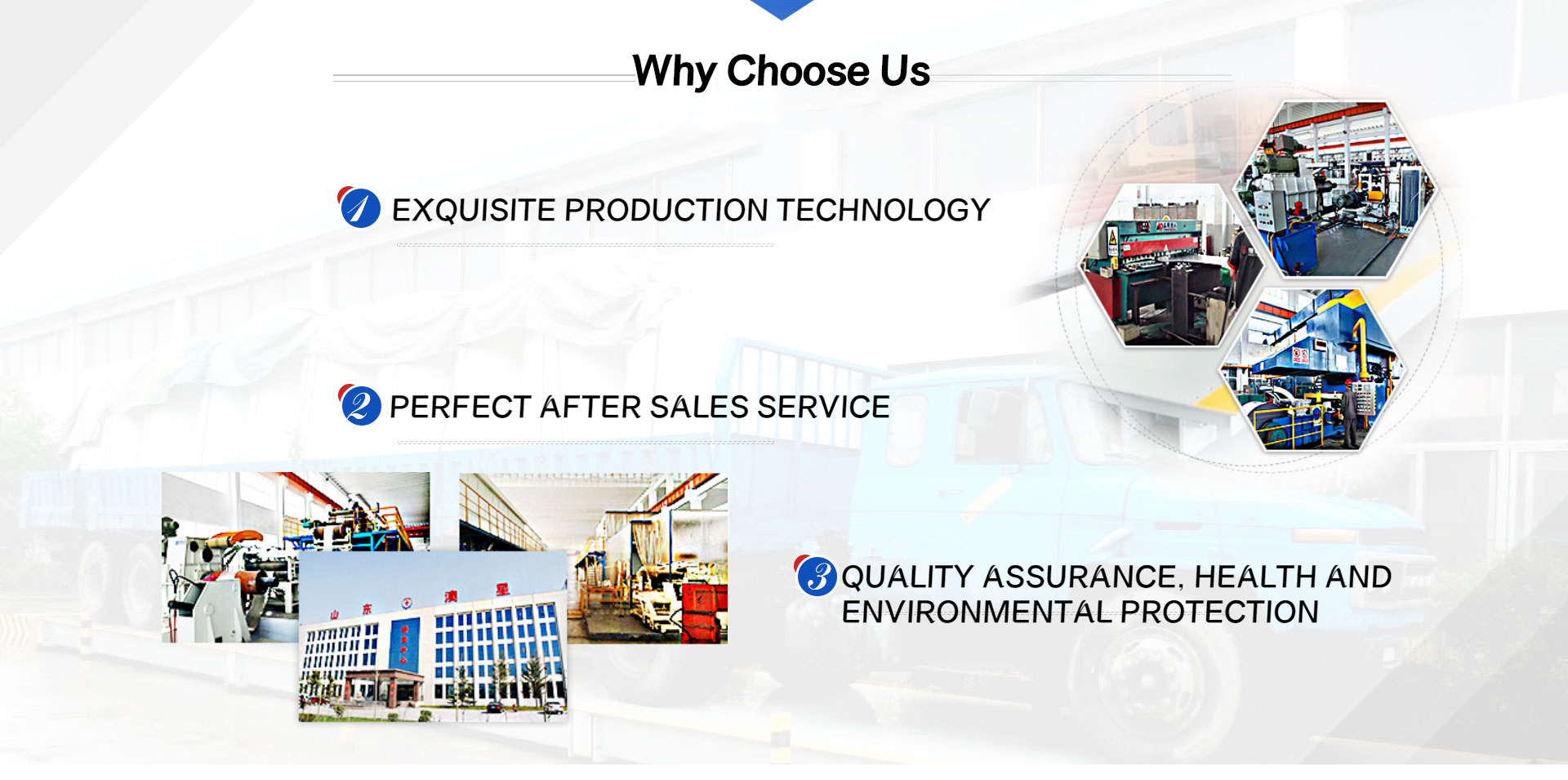
316L Stainless Steel Strip FAQ
Q: What is 316L stainless steel strip used for?
A: 316L stainless steel strip has good corrosion resistance in the production process of pulp and paper industry and also resistant to the erosion of the ocean and corrosive industrial atmosphere.
Q: What is the difference between 316L vs 316 stainless steel?
A: 316L and 316 stainless steel grades are both recognized for their excellent marine-grade properties, but they differ mainly in their carbon content, which significantly influences their specific applications and performance.
316L stainless steel is characterized by its low carbon content, limited to a maximum of 0.03%. This low carbon level reduces the risk of carbon precipitation during welding, thereby enhancing its weldability and increasing its resistance to intergranular corrosion. It's particularly advantageous for applications requiring extensive welding or exposure to corrosive environments after welding.
On the other hand, 316 stainless steel contains a higher carbon content along with 2% to 3% molybdenum, which contributes to its enhanced strength and resistance to chloride corrosion, making it suitable for use in acidic or high-temperature environments where welding is not a primary concern.
Corrosion Resistance:
316L is the preferred choice in highly corrosive environments or for processes involving high temperatures due to its excellent resistance to intergranular corrosion, which ensures the integrity of weld areas.
Cost Considerations:
Despite their compositional differences, both 316 and 316L stainless steels are generally similar in price, allowing the choice between them to be based more on performance requirements than cost.
The selection between 316L and 316 stainless steel generally hinges on the specific demands of the application, particularly concerning welding needs and exposure to corrosive elements.
Q: Can 316L stainless steel strip be welded?
A: Yes, 316L stainless steel strip is specifically designed to be easily weldable, and its low carbon content minimizes the risk of carbide precipitation during welding.
Q: Is 316L stainless steel strip magnetic?
A: No, 316L stainless steel strip is essentially non-magnetic in its annealed condition but may show some degree of magnetism if it has been cold worked.
Q: What are the mechanical properties of 316L stainless steel strip?
A: The mechanical properties of 316L stainless steel strip make it suitable for a wide range of applications due to its excellent strength, ductility, and corrosion resistance.
Q: Can 316L stainless steel strip be used in high-temperature environments?
A: 316L stainless steel is known for its excellent heat resistance and retains its mechanical properties at elevated temperatures.
Q: How to choose a 316L stainless steel supplier?
A: Selecting a supplier for 316L stainless steel strip involves a series of steps to ensure quality and reliability:
Research Suppliers: Utilize online resources to identify reputable suppliers specializing in stainless steel, focusing on those with a strong industry presence and positive reviews.
Engage with Suppliers: Contact the suppliers to discuss their 316L stainless steel strip offerings, including specifications, pricing, and availability. Consider requesting samples for quality assessment.
Assess Credibility: Evaluate the suppliers' credibility by reviewing their business credentials, certifications, and customer feedback, ensuring they adhere to industry standards and best practices.
Compare Quotations: Solicit and compare quotes from various suppliers, clarifying your specific needs such as quantity, specifications, and delivery details to make an informed decision.
Verify Quality Assurance: Investigate the suppliers' quality control processes and request relevant test reports or certifications to confirm the coils meet your required standards.
Negotiate Terms: Discuss and negotiate key terms, including pricing, delivery, and payment conditions, ensuring they align with your requirements.
Order Placement: Finalize the purchase by confirming the order details, such as the coil specifications, quantities, and agreed terms.
Arrange Payment: Agree on a secure payment method that suits both parties, ensuring all financial terms are clear and documented.
Coordinate Shipping: Organize the logistics, including packaging, shipping, and customs clearance, to ensure the coils are delivered as expected.
Inspect Upon Arrival: Upon receiving the coils, inspect the shipment for quality and accuracy, addressing any discrepancies with the supplier immediately.

